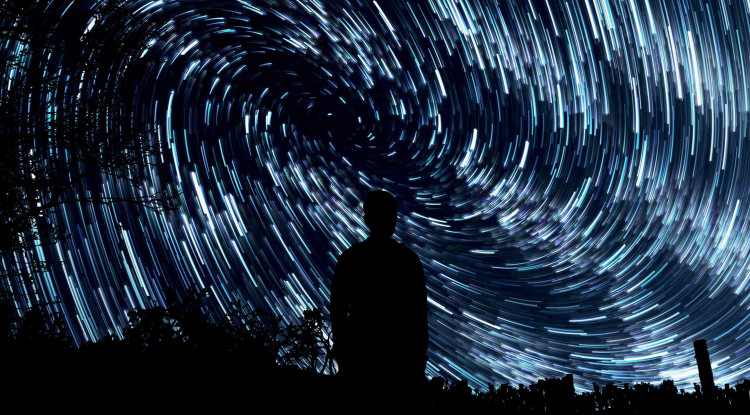
Staring into the Creative Void: A Practical Guide
Recently, I identified a pattern that has severely hindered my ability to do an outstanding job on the last stages of my long-term projects. I reach a point where I’m basically 80% done everything and then all of the sudden, I start shutting down and doubting the validity of the work I’ve done. At that point, everything becomes a struggle. I have to push hard to get started each day, and even as I get towards the last 1% of what I’m doing, I’m considering quitting the whole time.
A great example is my PhD. It took about 4½ years to research and write, and yet the last month was harder than everything before combined. It wasn’t the work itself, but rather the emotional struggle – some would say sabotage – that I was experiencing. Even as I was one week away from submitting the project, I was seriously considering dropping out of the program.
I did finish it, thank God, but I wonder about the effect of that struggle on the quality of my completed project. Nothing much happened with it after it was done and defended. I didn’t publish. I didn’t feel like I had it in me.
Seth Godin argues, I think correctly, that the last stages of a project are the most important. They’re the polish that takes work from amateurish to professional – the proofreading, the formatting, the framing, etc. This stuff isn’t exciting, but it’s critical. It stands to reason that if I’m basically dragging my ass through these stages, the final output of my work, and the ability to get it into the world, has been suffering significantly.
You hear a lot of things about the difficulty of this moment:
- Once the thrill of the creation is done, you lose interest in your project and just have to get through the rest.
- Creativity is 10% inspiration and 90% perspiration.
- Self-doubt is a natural part of the creative process.
- The last mile of the marathon is the hardest.
- I’m going to get rich or die trying.
These definitely help describe a lot of what I’ve experienced in the past, but here’s how I see things: if you can identify a pattern, you can change it. I don’t like having to struggle through the end of my projects. I don’t like the lingering feeling that they never turn out as good as they should because part of my mental energy is always being chewed up by struggle and doubt. If I believe I can change these things, I need to try.
So what I did was keep an eye out for the kind of late-stage doubt I’ve described. Sure enough, this week it reared it’s stupid face on the book manuscript I’ve been working on for the past few months. I was very mindful of this moment, recording precisely what was going on internally (these were swirling around all at once):
- I felt like I’d lost sight of the whole project.
- I felt like the later chapters might be reading very differently from the earlier ones.
- I felt like I’d gone out of my depth on some of the ideas and that I’d look like an idiot when the book came out.
- I felt like I hated the project, like it rebelled on me somehow.
- I felt vulnerable and that this was my last chance to opt out.
- I was worried that I’d alienate myself from my peers by releasing this and that they’ll secretly (and correctly) judge me.
- I was scared that it would look amateurish and that as a result people would be less interested in the work I do in the future.
That last one in particular was a killer, but all of these narratives were followed by a single, important question: How am I supposed to keep going? That, for me, is the exact question that has hovered over the end of every major project I’ve done. My old answer has basically been a variation on “suck it up and finish” but I’m sick of that answer. It’s time for a better one.
So, I thought about it for a long time.
Then, I had an epiphany.
To me, the goal of artistic creation is to get to moments when you push beyond what was possible before you started. You’re going for the big ideas, stripping away all of the garbage until you’re confronted with the raw beauty of something brilliant and beautiful and new. You want your brain and your soul to hurt. You want others’ to when they see what you’ve created.
That’s always been the vision, but here’s what I have been missing: that moment is terrifying.
The world goes out of focus. You are speechless as you stare into the void of creation. You feel lost. There is no you anymore.
And so you tell yourself stories to try and get back on familiar ground as quickly as possible. You tell yourself stories like the ones I listed out above. And here’s what I’ve realized: it’s the telling of these stories that is the problem with the late-stages of creation, not their content, which is bogus. If you can pause on them and truly look at the new thing you’ve brought into the world, you can’t help but to feel awe. It’s terrifying and beautiful, and it has nothing to do with all of those other people that will look at later.
You can love that feeling. It doesn’t have to be your enemy.
I’m excited to work on the last stages of this project, now, and I think that bodes well for future ones as well.
I hope that you can feel that same kind of excitement as you behold your creative work in all its raw majesty. The stories are trivial. The doubt is a ruse. All that is exists is you and your creation, staring back at you from the void where once there was nothing.
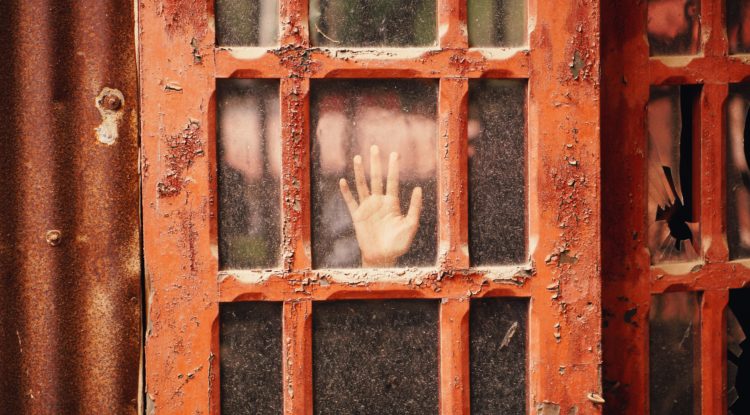
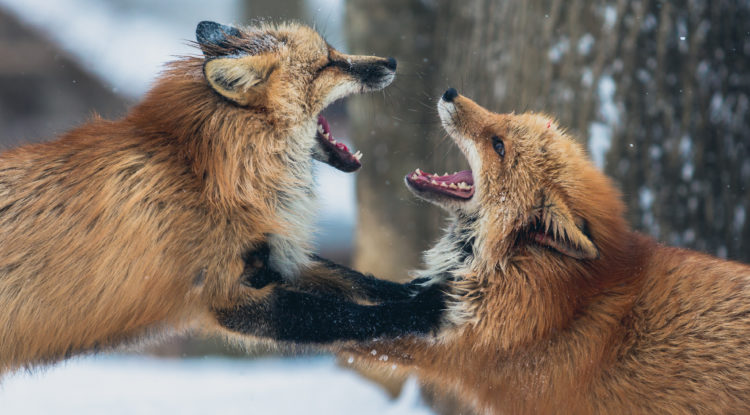
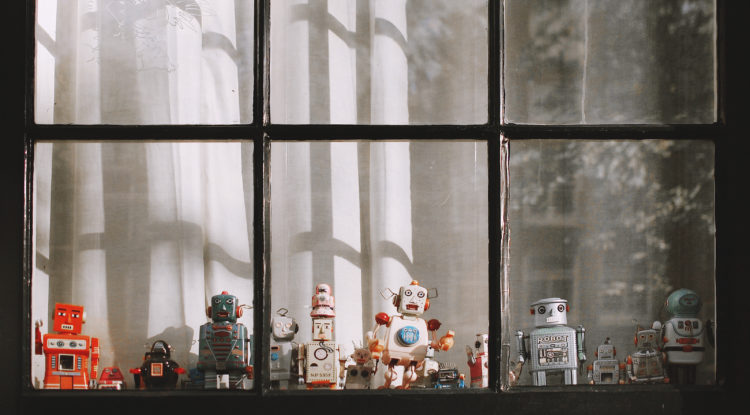



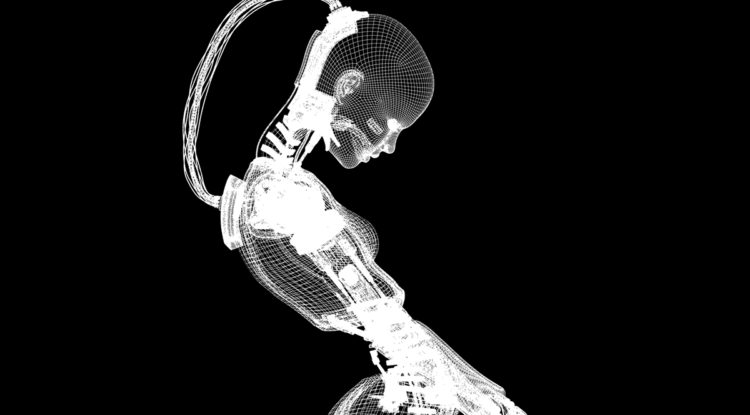
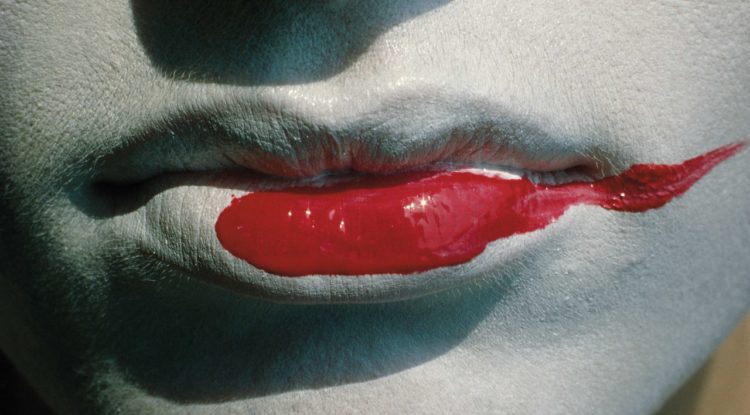
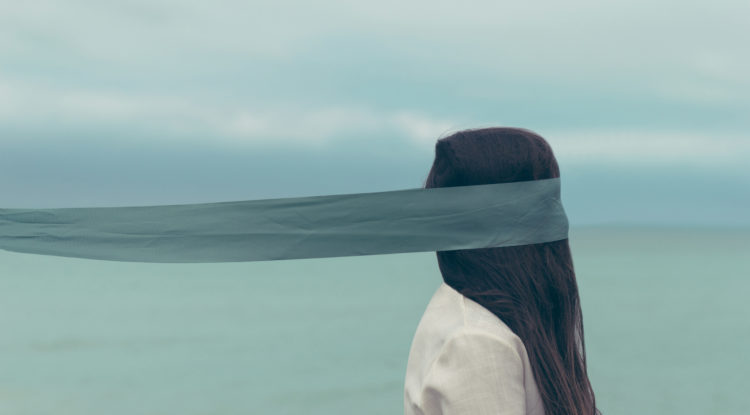





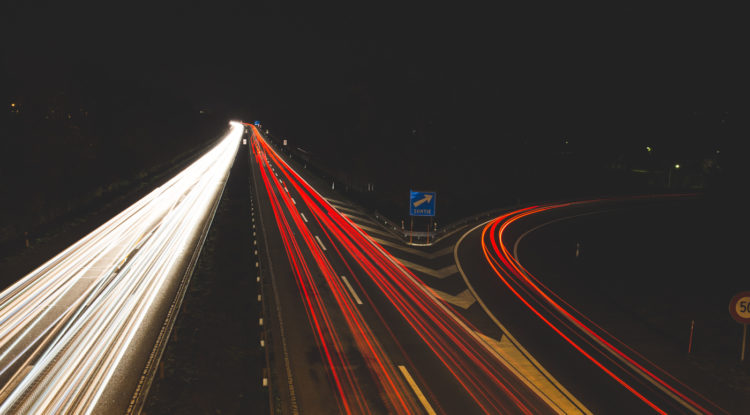

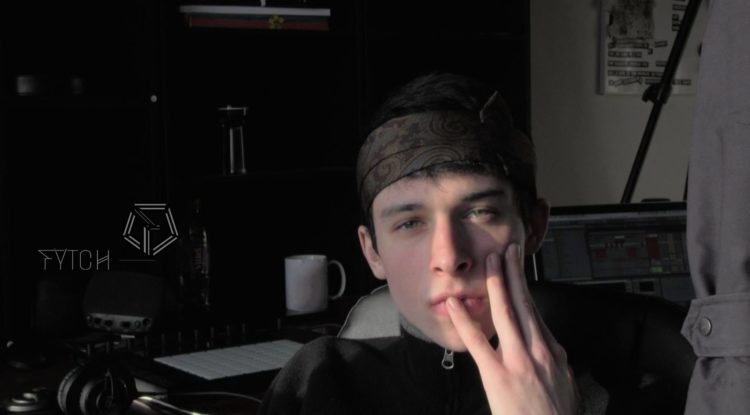



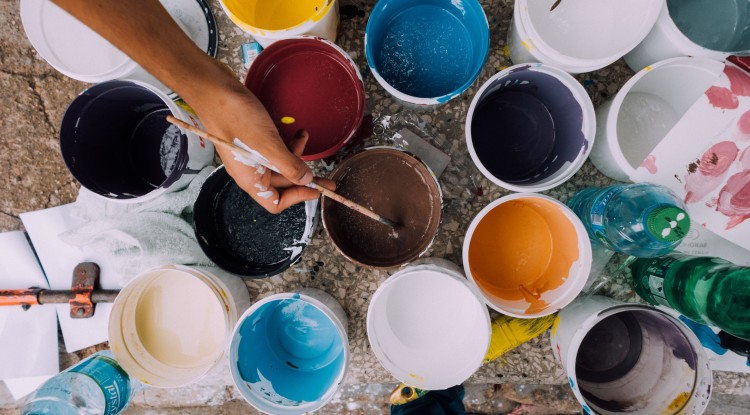

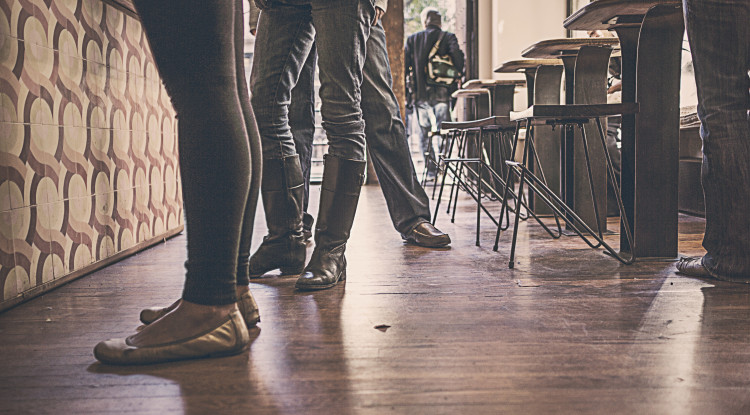
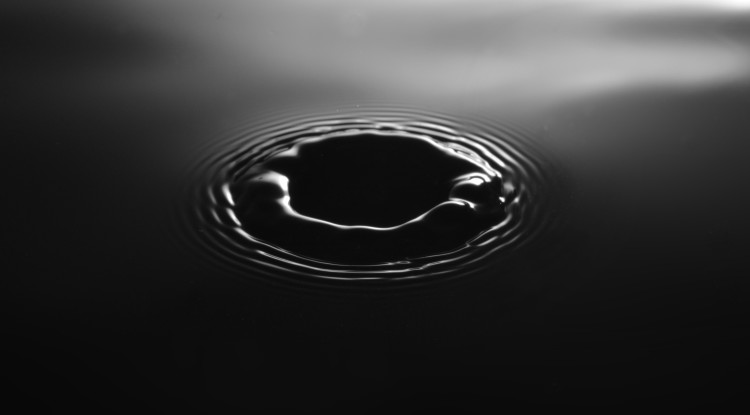
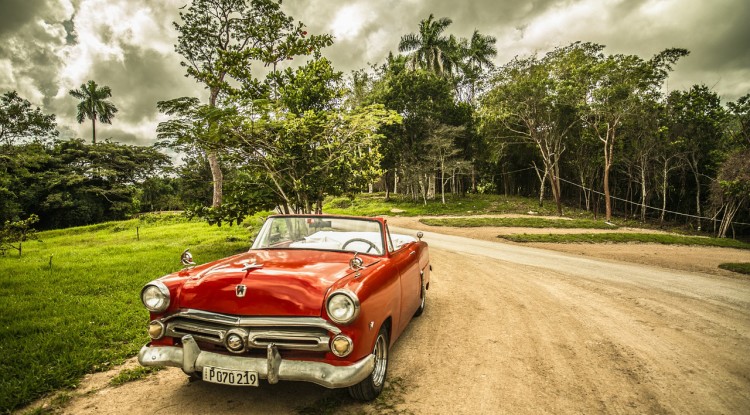



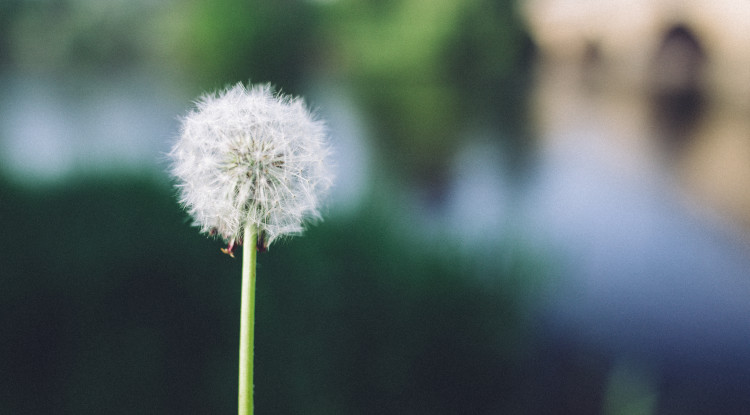

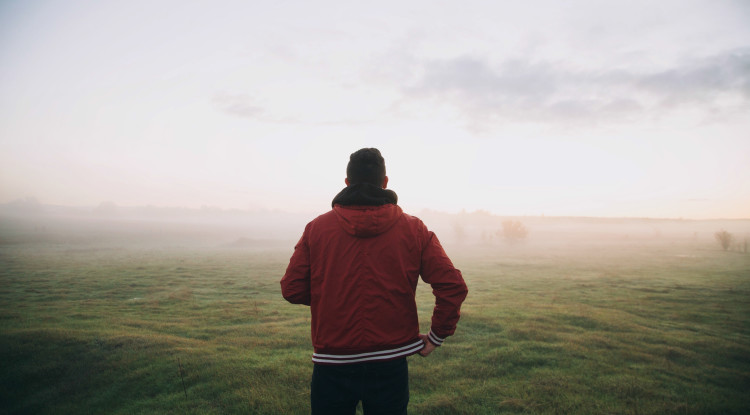
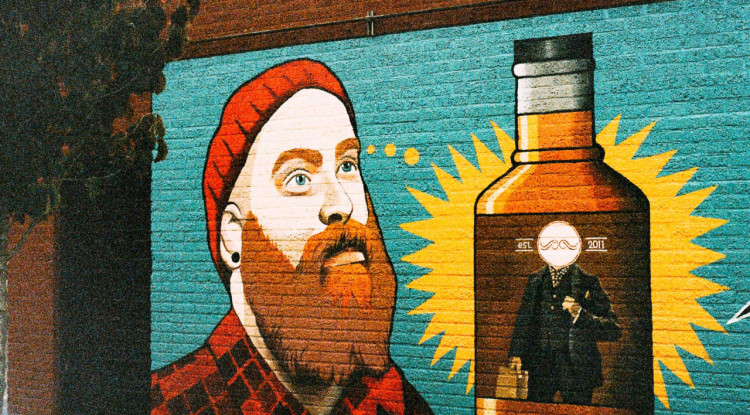
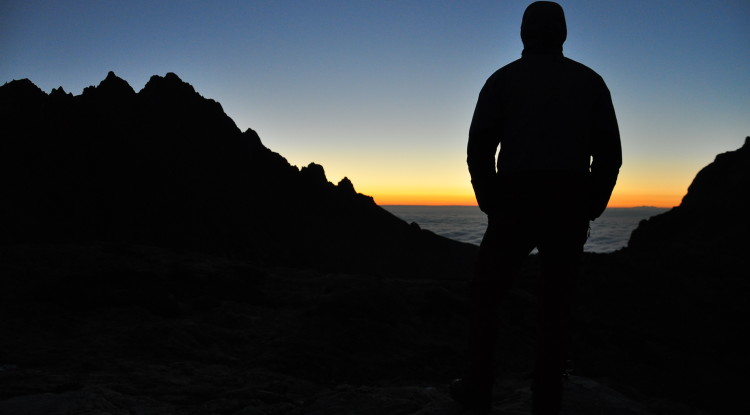
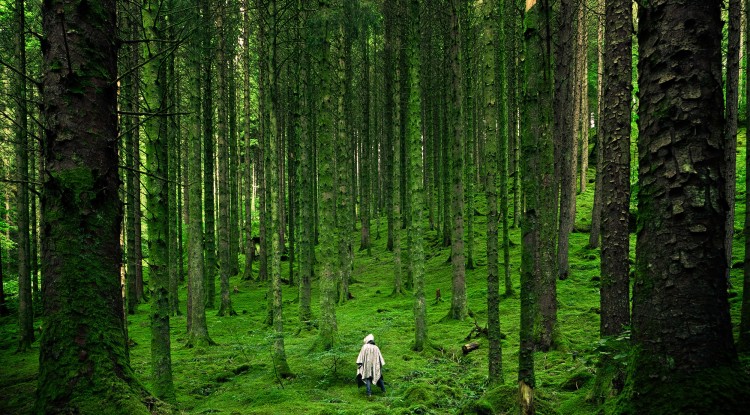
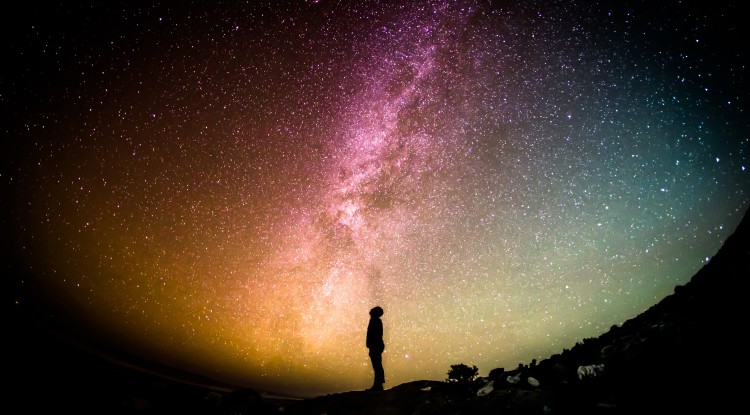
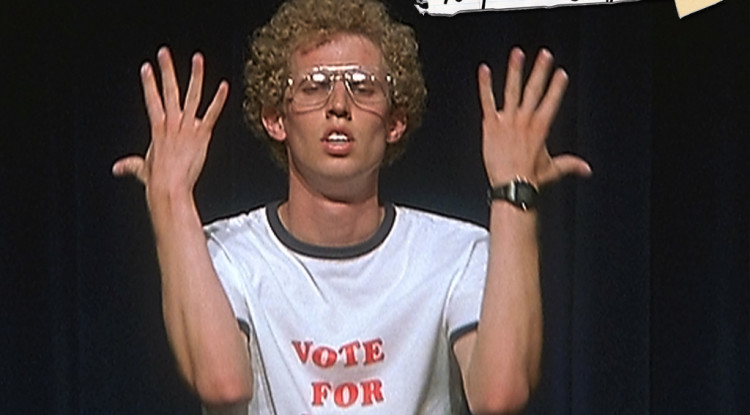
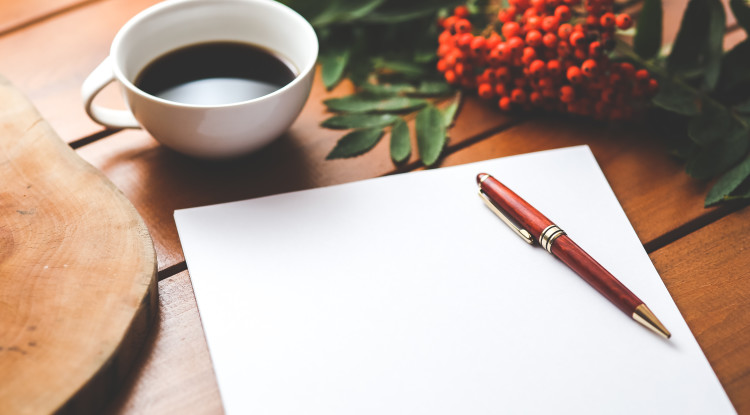
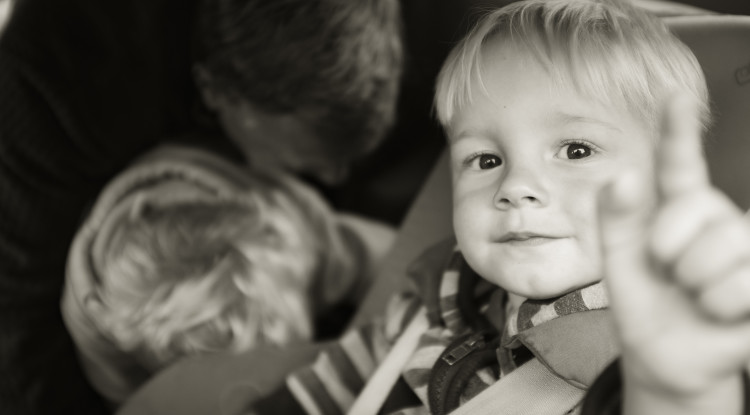
I Jackson
April 9, 2016Like the process of giving birth – beautiful, terrifying, compelling. However, the birthing process is a natural crescendo which will roll to completion in spite of all the self doubt.
In other artistic endeavours, I think that we have to get the heck out of our own way, and perhaps find a primeval push to completion beyond words or pictures……